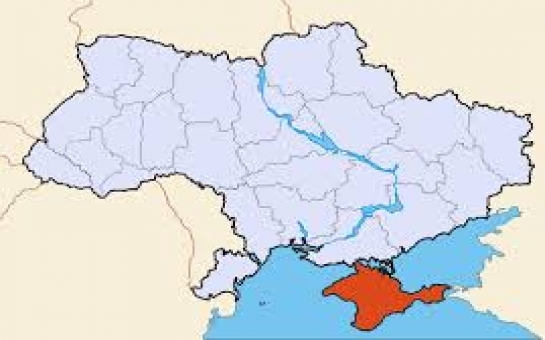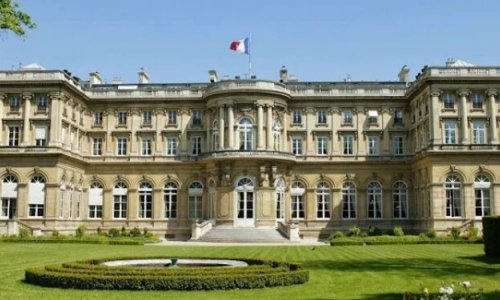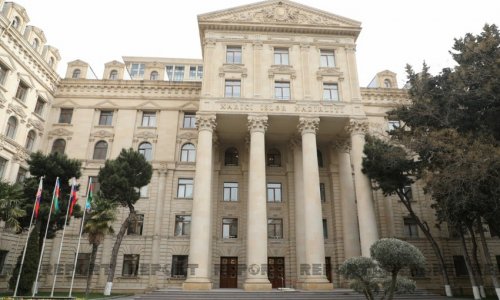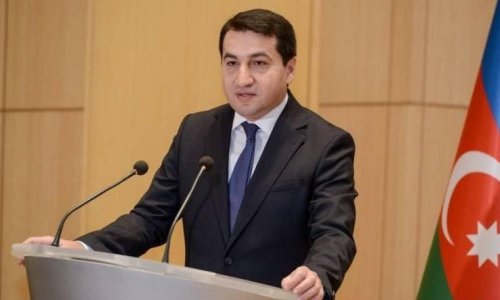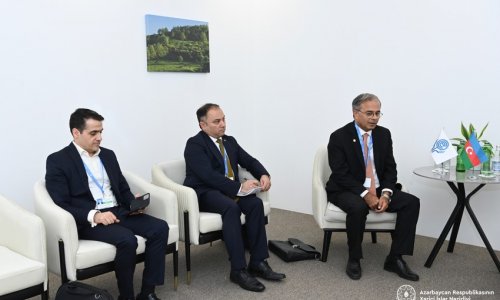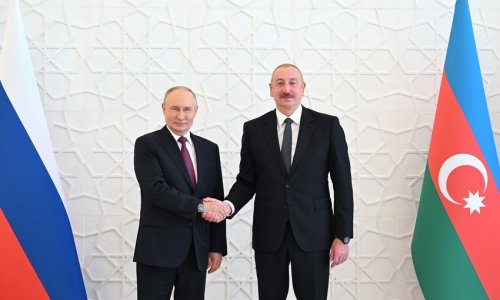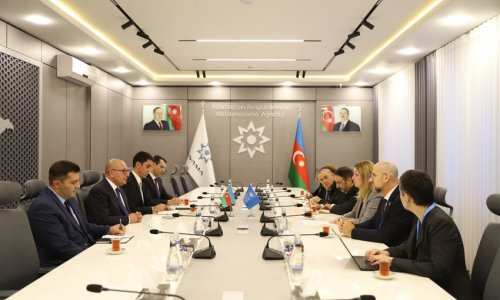Murad Hasanli
There is a lot of speculation about the impact of the Crimean crisis on other unresolved post-Soviet territorial conflicts. A consensus is emerging that this is a game-changer and that the Russian position on conflicts in Karabakh and Transnistria should be viewed through the prism of a resurgent Moscow. This is the old fear of an expansionist Russia, with a strong-man at the helm, taking advantage of smoldering ethnic conflicts to restore her old Soviet-style empire. Even the moderate take on this suggests, in the words of the much respected Tom de Waal, that "...Vladimir Putin's calculus on Karabakh is likely to be different from what it was a few months ago, as it is on everything else in his "near abroad."
I doubt it. Russian policy on each conflict differs, just as each conflict is different. They should be viewed individually, within their own unique context. There are a number of factors to consider, including the nature and dynamics of Russia's bilateral relations with states concerned, and their engagement with the rest of the world. For example Azerbaijan, unlike Ukraine and Moldova, IS NOT negotiating strategic partnership agreements with the EU, is not pursuing NATO membership and avoids taking other steps that would challenge Russian security priorities in South Caucasus. Therefore Russian policy towards Azerbaijan (Nagorno Karabakh) is going to be very different to Moscow's robust approach to post-Maidan Ukraine (Crimea) or post-EU Association Agreement Moldova (Transnistria).
Similarly Russian military action against Georgia did not affect Russia's position on Azerbaijan and Nagorno Karabakh in 2008 - back then Moscow recognised independence of breakaway Abkhazia and South Ossetia. Since then Azerbaijani-Russian arms trade reached the value of $4 billion and Baku-Novorossiysk oil pipeline is now back in action. There is plenty of room for improvement and risks can and should be reduced further but fact remains - Moscow has not and will not recognise Nagorno Karabakh independence. If anything, events in Crimea had underlined the importance of non-alignment and balanced foreign policy for post-Soviet states with serious territorial disputes and internal conflicts.
Elsewhere, it is Western position or rather positions on so-called "frozen conflicts", that came into sharp relief. Some Western states are rather inconsistent in their application of various principles of international law, to say the least. In some cases territorial integrity trumps right to self determination, in others vice versa. The same is true with Russia but with Russia the context and rationale for Moscow's actions are self-evident. Not so with the West. Many in Azerbaijan had noted with concern that European Union and the US have not been as categorical in their endorsement of Azerbaijani territorial integrity as they were of Ukrainian. Much food for thought...
(Meydan TV)
ANN.Az

